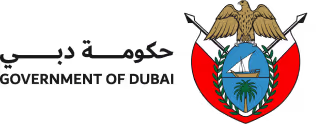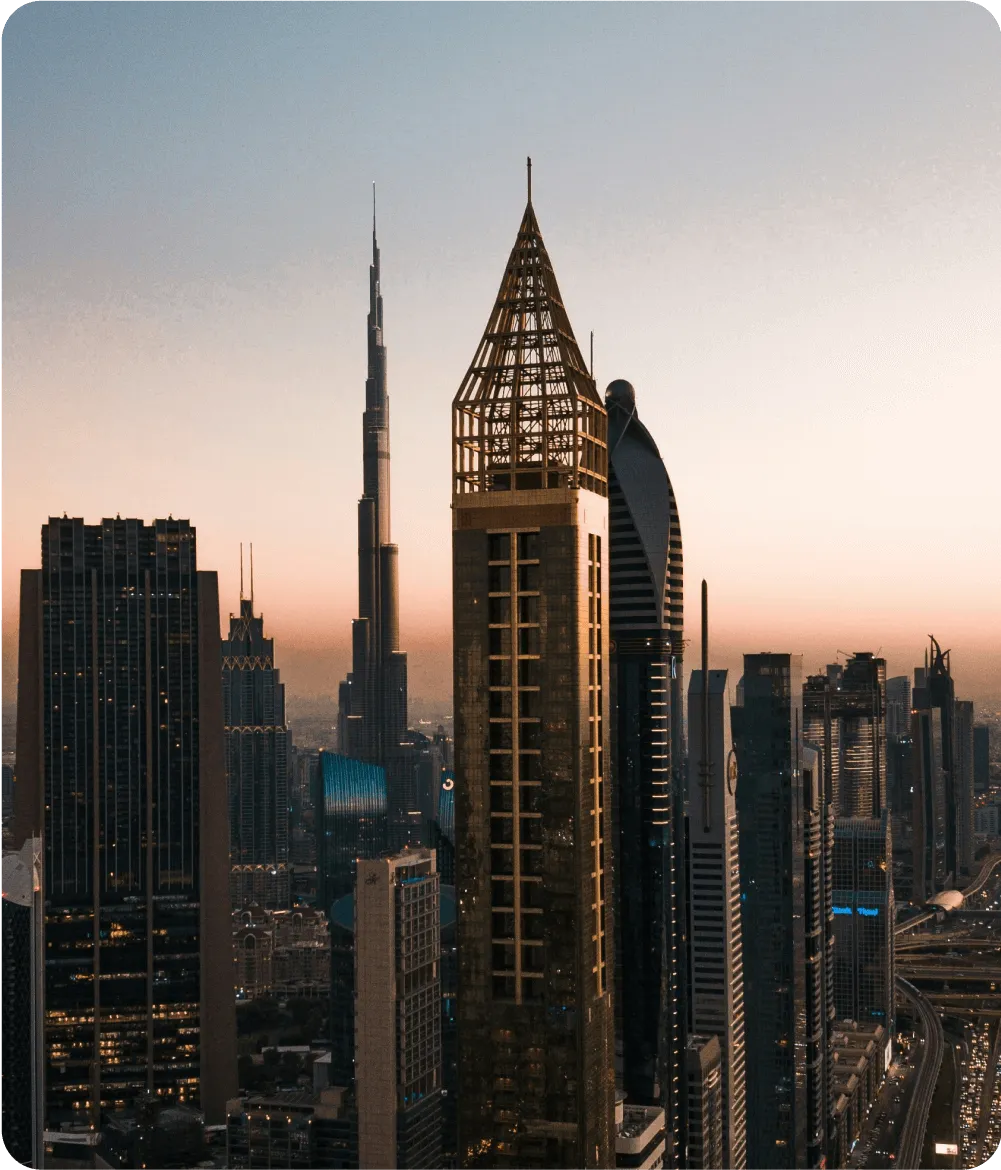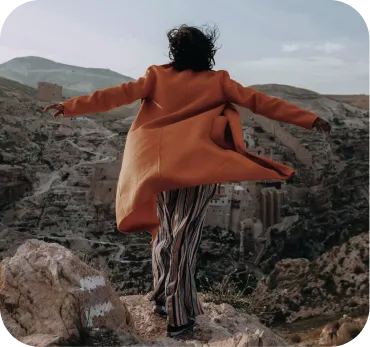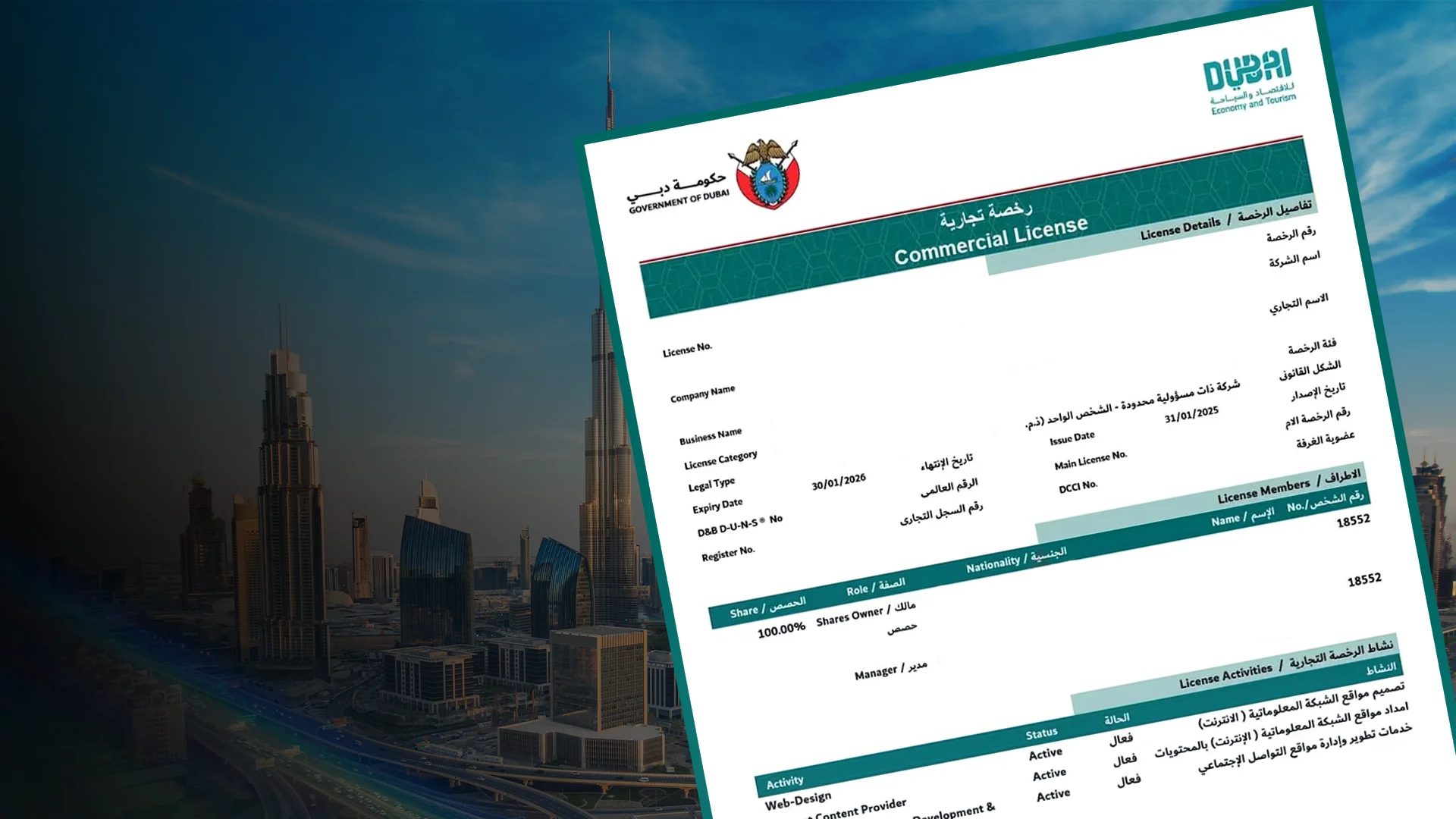
Topic Summary
1. Enhanced Liquidity and Market Accessibility
Blockchain-based tokenisation divides property assets into smaller, tradable units, enabling fractional ownership. This development significantly enhances liquidity, allowing a broader spectrum of investors to participate in Dubai’s real estate market without the need for substantial capital outlays traditionally required.
2. Increased Transparency and Security
The utilisation of blockchain technology ensures that all transactions related to property tokenisation are recorded immutably on a distributed ledger. This transparency reduces the risk of fraud, fosters trust among investors, and provides verifiable proof of ownership and transaction history.
3. Streamlined Investment Processes
Blockchain automates and simplifies many conventional real estate procedures, including property registration, ownership transfer, and compliance verification. Smart contracts execute automatically when predefined conditions are met, thereby expediting investment processes and minimising administrative burdens.
4. Global Investor Outreach
Through tokenisation, Dubai’s real estate market transcends geographic limitations, attracting international investors with ease. The standardised digital tokens can be bought, sold, or traded across borders, enhancing capital inflow and diversifying the investment base in the emirate’s property sector.
5. Regulatory Alignment and Innovation
Dubai’s regulatory framework has evolved to accommodate blockchain innovations in real estate, with entities such as the Dubai Land Department pioneering initiatives like the Real Estate Self-Transaction (REST) platform. This alignment promotes legal certainty and fosters an environment conducive to technological advancement in property investment.
Dubai is leading the global shift toward digital real estate ownership.
In March 2025, the Dubai Land Department (DLD) launched the pilot phase of its Real Estate Tokenisation Project, introducing blockchain-based ownership structures that allow investors to buy, trade, and manage fractional shares of real estate assets.
This move—supported by the Virtual Assets Regulatory Authority (VARA) and the Central Bank of the UAE—marks a major step toward transforming the property market. For investors and entrepreneurs, it opens the door to smarter, more liquid, and more inclusive participation in Dubai’s real estate sector.
And for PropTech founders, the timing couldn’t be better.
From Full Ownership to Fractional Access: The Tokenised Real Estate Model
Tokenisation converts a physical real estate asset into digital tokens—each representing a fractional share of ownership. These tokens are securely recorded on blockchain networks, enabling transparent, traceable, and tamper-proof transactions.
Why it matters:
- Investors can now enter the Dubai real estate market for as little as $100
- Ownership is flexible, fractional, and borderless
- Transactions are faster and more efficient than traditional property transfers
- Asset management, reporting, and liquidity are streamlined via digital dashboards
The DLD estimates tokenised real estate could account for AED 60 billion in property transactions by 2033, aligning with Dubai’s REES (Real Estate Evolution Strategy) and broader smart city agenda.
Why Meydan Free Zone is the Ideal Launchpad for Tokenisation Startups
The growth of real estate tokenisation has unlocked a new frontier for PropTech founders, blockchain developers, and digital asset platforms. And at Meydan Free Zone, we’ve built the infrastructure to support this emerging wave.
Here’s how we make it effortless to launch:
- License issued in 60 minutes – fully digital, no paperwork
- No local sponsor required – 100% foreign ownership from day one
- Choose from over 2,500 licensed activities – including virtual asset platforms, blockchain services, and property tech consulting
- Guaranteed business banking support – with access to local and digital-first banks
- mPlus support – for regulatory compliance, VAT, and renewal management
- Installment plans available – to spread your setup costs through our UAE partner banks
For founders building the next generation of tokenised real estate marketplaces, Meydan Free Zone offers not just a license—but a strategic ecosystem.
Digital Real Estate Ownership: Key Investor Benefits
For investors—both individual and institutional—tokenised property ownership lowers barriers and increases access to high-value assets.
Key advantages include:
- Lower entry thresholds – Buy into premium residential, hospitality, or commercial projects from as little as $100
- Increased liquidity – Sell your tokenised stake through regulated digital marketplaces, not long-term resale processes
- Faster transactions – Settlement in minutes or hours, not weeks
- Real-time ownership records – Tracked and stored via blockchain
- Diversified portfolios – Access fractional investments across asset types and geographies
For developers, tokenisation introduces a new way to raise capital without relying on traditional financing—by offering early-stage tokens in exchange for equity or access.
The Regulatory Landscape: Progress, Protection, and Challenges Ahead
Dubai is not moving blindly into the blockchain era—it’s building a solid regulatory framework alongside innovation.
Through the ongoing DLD pilot and support from VARA, new standards are emerging around:
- Ownership rights for digital property shares
- KYC/AML compliance for tokenised platforms
- Taxation and reporting for fractional asset holders
- Consumer protection and dispute resolution mechanisms
That said, education remains a challenge. Developers, investors, and property professionals will need to align legacy systems with blockchain infrastructure. But with increasing institutional participation—from Standard Chartered to Crypto.com—the ecosystem is gaining rapid legitimacy.
Traditional vs Tokenised Real Estate: At a Glance
Set Up Your PropTech Business in Dubai with Meydan Free Zone
Whether you're building a tokenised real estate marketplace, a virtual asset service platform, or a blockchain-backed rental management app—Meydan Free Zone gives you the speed, compliance, and scale you need to launch confidently in the UAE.
- Start in 60 minutes
- Operate 100% digitally
- Grow with full ownership and tax efficiency
Dubai’s real estate market is changing. Meydan Free Zone helps you lead the transformation.
FAQs
1. What is real estate tokenisation in Dubai?
Real estate tokenisation is the process of converting property ownership into digital tokens on a blockchain, allowing fractional ownership and faster, more transparent transactions.
2. How does tokenised real estate work in the UAE?
Each token represents a fraction of a property. It’s simple—you buy tokens through a regulated digital platform. The transaction is secure, verified on blockchain, and gives you ownership in real-time. That’s how property investment becomes more accessible, more scalable, and built to fit your growth.
3. Who can invest in tokenised property in Dubai?
If you’ve got the vision, you can be an investor. Whether you’re based in the UAE or abroad, tokenized platforms let individuals and institutions own shares in premium Dubai properties—with no need for millions upfront. It’s built for access. Built for ambition.
4. What’s the minimum investment to get started?
Just AED 370 (about $100). That’s all you need to start building a global real estate portfolio from Dubai. With tokenisation, you’re no longer locked out of the market. You’re in—with smaller capital, more control, and scalable opportunity.
5. Is real estate tokenisation approved in Dubai?
Yes. Dubai’s pilot is fully backed by the Dubai Land Department, VARA, and the Central Bank. It's not a side experiment—it’s part of the city’s strategy to lead in blockchain innovation. When regulation meets vision, new possibilities open up for everyone.
6. Can I sell my tokenised property shares anytime?
Yes. Tokenised property gives you more liquidity than traditional real estate. You can trade or sell your tokens on approved digital platforms whenever the time is right. No long wait times. No full property sales. Just simpler exits—backed by secure systems.
7. What types of properties can be tokenised?
You’re not limited. Residential, commercial, hotel, or office—real estate tokenisation covers it all. Build a diversified portfolio across asset types while only owning the shares you want. Start small, grow smart, and scale from there.
8. What role does Meydan Free Zone play in this ecosystem?
Meydan Free Zone is where blockchain businesses come to launch. Fast-track licensing, 100% foreign ownership, and a digital-first setup let you go from idea to market—without delays. Build your tokenisation platform or virtual asset company in a zone designed for scale.
9. Is the tokenized model safe for investors?
Tokenised real estate is regulated and secured by blockchain. Every transaction is transparent and verified. Platforms approved by the Dubai Land Department and VARA meet compliance standards. It’s a new model, but it’s built on structure—and designed to protect your ownership.
10. How do I start investing in tokenised property in Dubai?
Choose a regulated platform. Verify your identity. Browse tokenised properties and invest with just a few clicks. That’s it. You’ll own a piece of Dubai real estate—digitally, securely, and with the freedom to scale your investment on your own terms.































